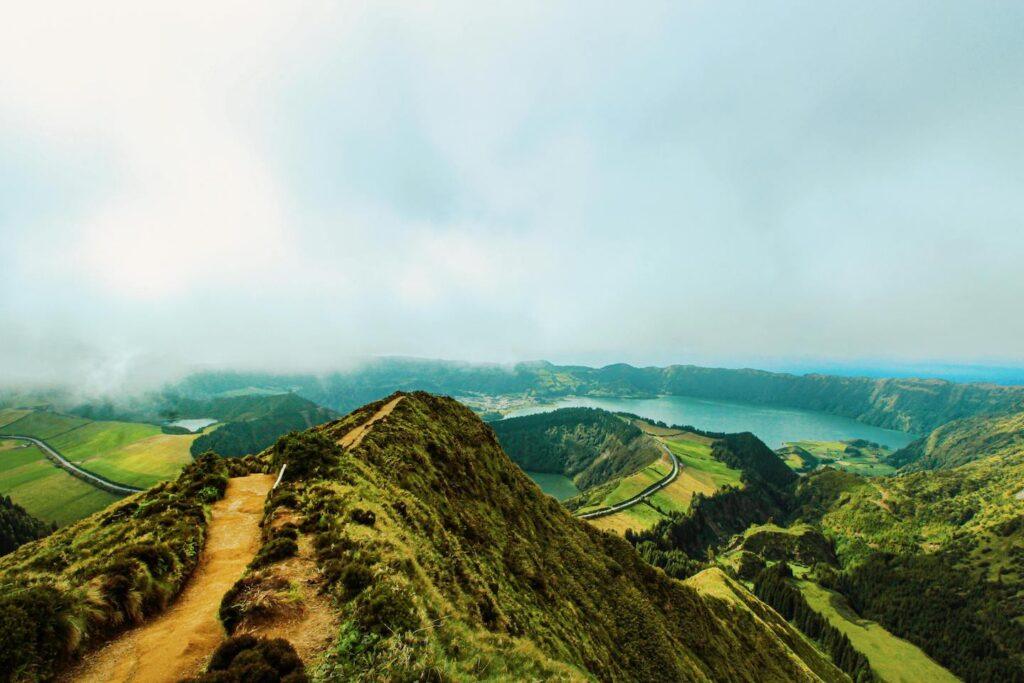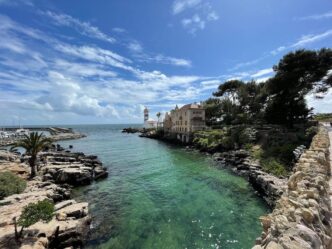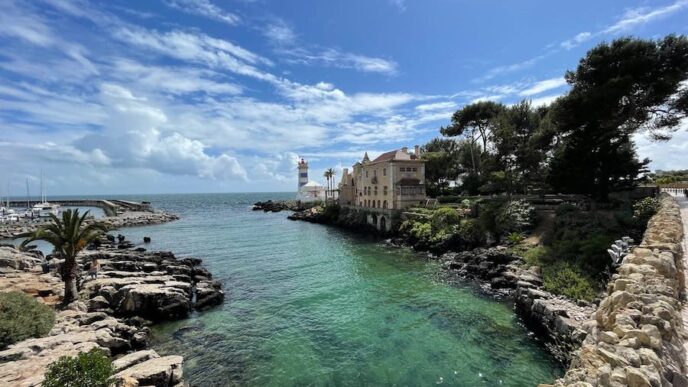Historical Overview of Portuguese Territories

Early Discoveries and Expansion
During the Age of Discovery in the 15th and 16th centuries, Portugal became a global maritime power. Explorers like Vasco da Gama and Pedro Álvares Cabral expanded Portuguese influence by discovering new sea routes and lands. This era marked the beginning of Portugal’s vast overseas empire, which included territories in Africa, Asia, and the Americas.
Colonial Administration and Governance
In the early 19th century, Portugal’s overseas territories were known as “overseas dominions.” Later, they were reclassified as “overseas provinces” to reflect the idea that these territories were integral parts of the Portuguese state. The administration of these colonies was centralized, with policies often dictated by the government in Lisbon.
Decolonization and Independence Movements
The 20th century saw significant changes, especially after the Carnation Revolution in 1974. This peaceful coup led to the rapid decolonization of Portuguese Africa and the eventual independence of many territories. The revolution marked the end of the Estado Novo regime and the beginning of a new democratic era in Portugal.
Current Status of Portuguese Territories
Autonomous Regions of Azores and Madeira
The Azores and Madeira are the two autonomous regions of Portugal. These regions have their own local governments and enjoy a high degree of administrative, financial, and legislative autonomy. This special status allows them to manage their own affairs while still being part of Portugal.
Economic Contributions and Challenges
The Azores and Madeira contribute significantly to Portugal’s economy. They are known for their agriculture, fisheries, and tourism industries. However, these regions also face economic challenges, such as limited resources and geographic isolation, which can hinder development.
Cultural Significance and Heritage
The cultural heritage of the Azores and Madeira is rich and diverse. These regions have unique traditions, festivals, and customs that reflect their history and identity. The preservation of this cultural heritage is important for maintaining the regions’ distinct identities within Portugal.
Geopolitical Importance of Portuguese Territories

Strategic Maritime Locations
Portugal’s territories, including the Azores and Madeira, are strategically located in the Atlantic Ocean. These islands serve as crucial points for maritime navigation and military operations. Their positions enhance Portugal’s ability to monitor and control important sea routes, contributing to global security and trade.
Exclusive Economic Zones
The exclusive economic zones (EEZs) of Portugal’s territories extend over vast ocean areas. These zones provide Portugal with rights to explore and use marine resources, including fishing and energy production. The EEZs are vital for the country’s economic growth and financial stability.
International Relations and Disputes
Portugal maintains strong international relations, partly due to its historical ties and strategic territories. The country is a founding member of NATO and the European Union, which bolsters its geopolitical influence. However, there are ongoing territorial disputes, such as the one over Olivenza with Spain, highlighting the complex nature of international diplomacy.
Environmental and Conservation Efforts
Protected Areas and Natural Reserves
Portugal has a rich variety of protected areas and natural reserves. The Peneda-Gerês National Park is the only nationally designated park, known for its rare and significant environment. Over 22% of Portugal’s land is part of the Natura 2000 network, which aims to protect the most seriously threatened habitats and species across Europe.
Sustainable Tourism Initiatives
Sustainable tourism is a key focus in Portugal’s environmental strategy. The government promotes eco-friendly travel options and supports local businesses that follow sustainable practices. This approach not only helps preserve natural landscapes but also boosts the local economy.
Marine Conservation Projects
Marine conservation is crucial for Portugal, given its extensive coastline. Various projects aim to protect marine biodiversity and promote sustainable fishing practices. These efforts are essential for maintaining the health of marine ecosystems and supporting the fishing industry.
Cultural and Social Impact

Language and Identity
The Portuguese language is a key part of the identity in Portugal’s overseas territories. With around 300 million speakers worldwide, it connects people across continents. This shared language fosters a sense of unity and cultural pride among the Portuguese diaspora.
Festivals and Traditions
Festivals play a significant role in the cultural life of these territories. Events like the Festa do Senhor Santo Cristo in the Azores and the Madeira Flower Festival showcase local traditions and bring communities together. These celebrations are not just about fun; they also preserve and promote the unique heritage of each region.
Diaspora and Global Influence
The Portuguese diaspora has a notable impact globally. From Brazil to Mozambique, Portuguese communities contribute to the cultural and economic landscapes of their host countries. This global presence helps maintain strong international relations and promotes the rich cultural heritage of Portugal.
Economic Development and Opportunities
Tourism and Hospitality Industry
The tourism and hospitality industry is a major driver of economic growth in Portugal’s overseas territories. The regions of Azores and Madeira are particularly popular, attracting visitors with their stunning landscapes and unique cultural experiences. The government has also reinstated tax breaks to attract digital nomads and skilled foreigners, aiming to boost the economy and support its aging population. This initiative, alongside the golden visa program and other working visas, seeks to expand the tax base and enhance societal ambitions.
Agriculture and Fisheries
Agriculture and fisheries are vital sectors in the Portuguese territories. The fertile lands and rich marine resources provide a steady supply of fresh produce and seafood. These industries not only support local economies but also contribute to Portugal’s exports. Efforts are being made to modernize farming techniques and ensure sustainable fishing practices to protect these valuable resources for future generations.
Renewable Energy Projects
Renewable energy projects are gaining momentum in Portugal’s overseas territories. The focus is on harnessing wind, solar, and hydroelectric power to reduce dependence on fossil fuels. These initiatives are not only environmentally friendly but also create job opportunities and stimulate economic growth. The government is investing in research and development to make these projects more efficient and cost-effective.
Challenges and Future Prospects

Climate Change and Environmental Threats
Portugal’s overseas territories face significant environmental threats due to climate change. Rising sea levels and extreme weather events pose risks to coastal areas and biodiversity. Efforts to mitigate these impacts are crucial for the sustainability of these regions.
Economic Diversification
Economic diversification is essential for the stability of Portugal’s territories. While tourism remains a major contributor, there is a need to explore other sectors such as renewable energy projects and technology. This will help reduce dependency on a single industry and promote long-term growth.
Political and Social Stability
Maintaining political and social stability is vital for the future of Portugal’s territories. The recent 2024 elections in Portugal, which saw a historic shift in voter turnout and political landscape, highlight the importance of stable governance. Ensuring that local governments are responsive to the needs of their communities will be key to addressing future challenges.
Frequently Asked Questions
What are Portugal’s current overseas territories?
Portugal’s current overseas territories are the Azores and Madeira, which are autonomous regions.
When did Portugal hand over its last overseas territory?
Portugal handed over its last overseas territory, Macau, to China in 1999.
Why are the Selvagens Islands significant?
The Selvagens Islands are significant because they extend Portugal’s exclusive economic zone, which has caused disputes with Spain.
What is the population of Portugal in 2024?
The estimated population of Portugal in 2024 is around 10.58 million.
Who is the Prime Minister of Portugal in 2024?
As of 2024, the Prime Minister of Portugal is Luís Montenegro.
What are some of the main challenges facing Portugal’s overseas territories?
Some main challenges include climate change, economic diversification, and maintaining political and social stability.













